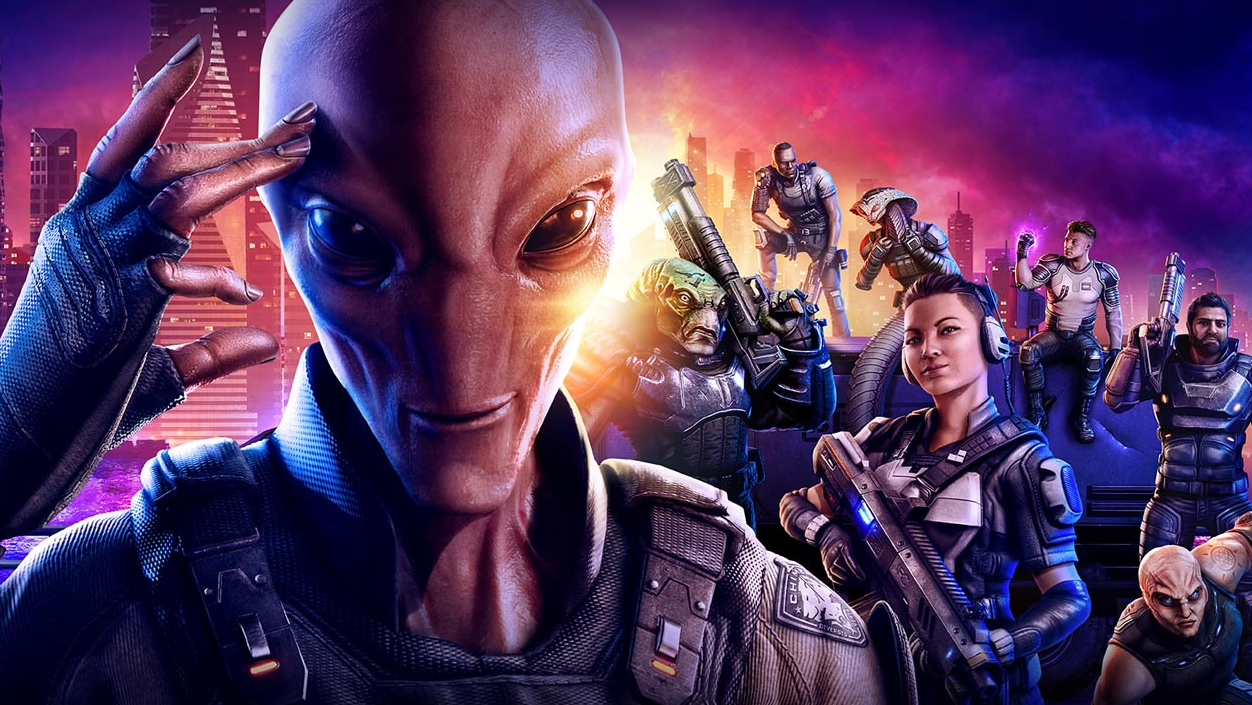NASA creates real-life XCOM squad
16 specialists have been selected to deal with the gathering alien threat—or at least figure what's up with all those UFO sightings.

UFOs seemed like a big deal when I was a kid. Everyone seemed to have a story about a UFO sighting, or at least knew someone who did. The way we yammered on about aliens in the 1980s, you'd think you were more likely to look up and spot a flying saucer than a passenger jet.
In the decades since that's pretty much tapered off, probably due to almost everyone in the world now carrying a camera in their pocket and yet capturing precious few photos of UFOs. Go figure. But recently it feels like UFOs are creeping back into the mainstream, what with the Pentagon hearings and military footage showing strange stuff in the sky. There's even a new name for UFOs these days: UAP, or unidentified aerial phenomena.
Now NASA is getting serious about saucers by forming a real-life XCOM squad to handle this potential alien incursion. Barely a month after beating up an asteroid as a show of force for any E.T.s watching (officially, it was to alter the asteroid's course with a collision) NASA has announced it has formed an elite team to kill any aliens that dare step foot (or tentacle) on our planet.
They didn't really say it like that, but they should have.
"NASA has selected 16 individuals to participate in its independent study team on unidentified aerial phenomena (UAP)," said NASA. "Over the course of nine months, the independent study team will lay the groundwork for future study on the nature of UAPs for NASA and other organizations."
We all know what "future study" means, right? It's code for "figure out the best way to kill those gross gray-skinned invaders from beyond the moon."
NASA also announced the names of the 16-member team, which I assume, as in XCOM 2, were randomly generated. Just look at the list. David Grinspoon. Matt Mountain. Karlin Toner. Those are some randomized NPC names if I've ever heard them.
The biggest gaming news, reviews and hardware deals
Keep up to date with the most important stories and the best deals, as picked by the PC Gamer team.
The team will "identify how data gathered by civilian government entities, commercial data, and data from other sources can potentially be analyzed to shed light on UAPs," NASA said, with a report on their findings to be released to the public in mid-2023. Hopefully, that's not too late to save the planet.
What's unclear is what happens after that report is finished. Presumably when a UAP sighting occurs, a squad will be formed from the available team members and issued orders, and one-by-one they'll strategically move around cover until they're six inches from an alien. Then they'll pull the trigger of their mag cannons and miss despite having a 97% chance of success. I wish them good luck. For all our sakes.

Chris started playing PC games in the 1980s, started writing about them in the early 2000s, and (finally) started getting paid to write about them in the late 2000s. Following a few years as a regular freelancer, PC Gamer hired him in 2014, probably so he'd stop emailing them asking for more work. Chris has a love-hate relationship with survival games and an unhealthy fascination with the inner lives of NPCs. He's also a fan of offbeat simulation games, mods, and ignoring storylines in RPGs so he can make up his own.

